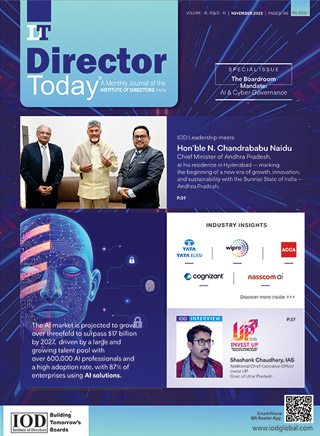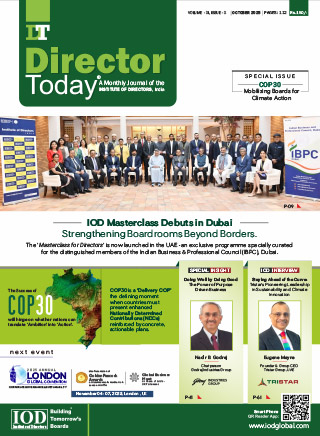Saying Goodbye to Coal and Single Use Plastic

This week the Goldman Environmental Prize was awarded to six leaders from around the world, each of whom has fought and won a battle to address environmental issues, from combatting coal and single use plastics to protecting biodiversity. Two hundred people from over 90 countries have won this prestigious award. These change agents show that it is possible for one person to change the course of a region, a country, and our planet.
Ending single-use plastics
The Bahamas is composed of 700 islands with 100,000 miles of ocean. Plastic bottles and other marine debris are trapped on the beaches. Trailblazer Kristal Ambrose went into classrooms and created a team of “Plastic Warriors” to clean up the beaches. Together with young people, she then lobbied the Minister of the Environment to ban single-use plastics, including plastic cutlery, straws, and styrofoam cups. According to Kristal: “This is your world, this is your future and you deserve to have a seat at the table.”
Protecting biodiversity
This year’s award winners feature several members of indigenous peoples for whom cultural survival and the safeguarding of forests and lands are deeply intertwined. Nemonte Nenquimo of the Waroni people in Ecuador is protecting 500,000 acres of the Amazon rainforest from oil extraction. A key part of her work was to map the 500,000 acres of territory inhabited by indigenous peoples, as the maps developed by the government only featured oil concessions. “Our wise elders are our GPS” says Nemonte. Working with coalitions, she sued the government of Ecuador to ensure the right of indigenous peoples to their land.
Paul Sein Twa has ensured that 1.35 million hectares of the Selaween River Basin in Myanmar will remain a Peace Park – a biodiverse region in the hands of indigenous people. A member of the Karen people, Paul and his community are documenting the 120 plus types of orchids in the region, the diverse types of frogs and plants, from which they cultivate herbal medicines. ‘Our problems are your problems. Our solutions are your solutions,” says Paul.
Promoting bees
Leydy Pech is a Mayan bee-keeper in Hopelchen, Mexico whose bees rely on endemic plants. These plants were dying as a result of the fumigation involved with clearing of forests for Monsanto to grow genetically-modified soybeans. While the government of Mexico had granted Monsanto a permit, it had failed to consult with indigenous people living in the area. Leydy and her coalition sued the Government of Ecuador. As a result of her efforts, the Supreme Court suspended the permits.
Saying goodbye to coal
Goldman Award winner Lucie Pinson believes that we can win the “Climate War.” She has lobbied France’s three largest banks to eliminate financing for coal. She is also working to end access to insurance for the coal industry. Using a combination of protests and meetings with business leaders, Lucie has mobilized the press and social media to drive change.
Award-winner Chibeze Ezekiel was able to halt the construction of Ghana’s first coal power plant and the port which would have shipped coal. Instead, Ghana has created an Environmental Plan with a focus on renewable energy.
What can we learn from the six winners this year?
- Cultural survival and environmental protection are inextricably linked.
- Young people are powerful ambassadors for environmental stewardship.
- Social media is a powerful tool for mobilizing public attention. Using the hashtag #coalkills helped to drive awareness in Ghana about the need to explore renewable sources of energy such as solar power.
- Dialogue, together with activism, is a powerful lever for change.
- In-depth research is a key tool for fighting inadequate governmental policies.
Author

Deborah Leipziger
She is Consultant on Social Innovation, Sustainability, and Human Rights, Lecturer, Senior Fellow, Institute for Social Innovation, Babson College, USA, Founder, The Lexicon of Change
Owned by: Institute of Directors, India
Disclaimer: The opinions expressed in the articles/ stories are the personal opinions of the author. IOD/ Editor is not responsible for the accuracy, completeness, suitability, or validity of any information in those articles. The information, facts or opinions expressed in the articles/ speeches do not reflect the views of IOD/ Editor and IOD/ Editor does not assume any responsibility or liability for the same.

 Quick Links
Quick Links
 Connect us
Connect us




 Back to Home
Back to Home































